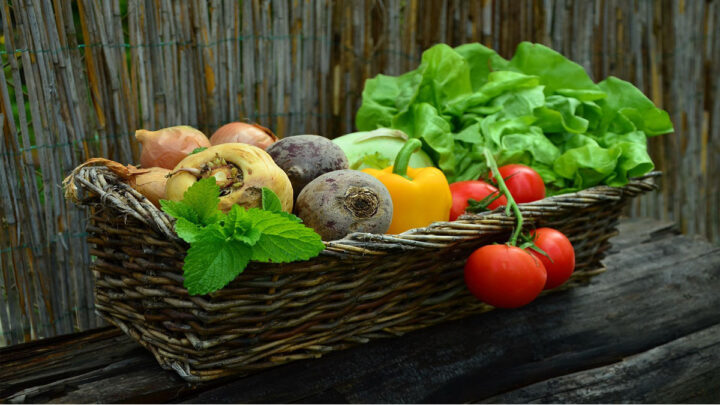“Every day they continued to meet together in the temple courts. They broke bread in their homes and ate together with glad and sincere hearts, praising God and enjoying the favor of all the people. And the Lord added to their number daily those who were being saved.” —Acts 2:46-47 (NIV)
It was a chilly Saturday morning when I stopped by a church’s food ministry. Volunteers bustled around the fellowship hall, filling boxes with canned goods, rice, and fresh vegetables. Outside, cars lined up, and one by one, trunks popped open for quick deliveries. The efficiency was impressive—every family left with food to carry them through the week.
And yet, as I stood there, I found myself wondering what it would feel like if we all paused for a moment. What if, instead of hurrying to the next car, we lingered over coffee together? What if the person receiving the box had the chance to tell their story—and we shared ours too?
Jesus didn’t just hand out bread and fish. He sat down and ate with people. Around His table, strangers became friends, and friends discovered themselves to be family. I’ve experienced glimpses of that in our district—like the potluck where a pantry guest brought his own homemade dish to share, or the church garden harvest supper where farmers and first-time gardeners ate side-by-side. In those moments, the real feast wasn’t just the food on the table—it was the relationships being nourished.
I wonder what it would look like if more of our ministries created that kind of space. If our stories about food ministry didn’t just describe what we give, but also honored the resilience, gifts, and faith of those who come. If we occasionally traded our distribution lines for shared tables. If our hospitality invited people not only to receive, but to belong.
I don’t think there’s just one way to begin. Every church will live this out differently, shaped by its people and community. Some might start with a simple meal after distribution. Others might invite pantry guests into a church project or Bible study. Still others might connect with local farmers or gardeners to care for the earth while feeding the community.
In the early church, shared meals were not an extra ministry. They were central to Christian life—moments when the community lived out its faith by making space for one another, sharing what it had, and experiencing God’s abundance together.
At Jesus’ table, there are no insiders and outsiders—only children of God, breaking bread together. My prayer is that we will keep making room at the table until everyone knows they belong.


